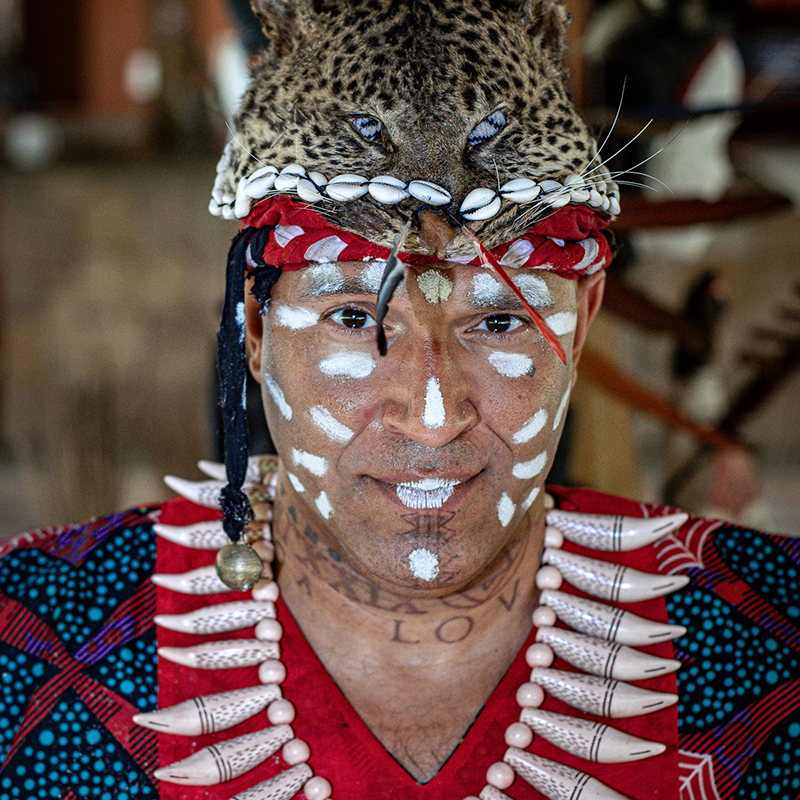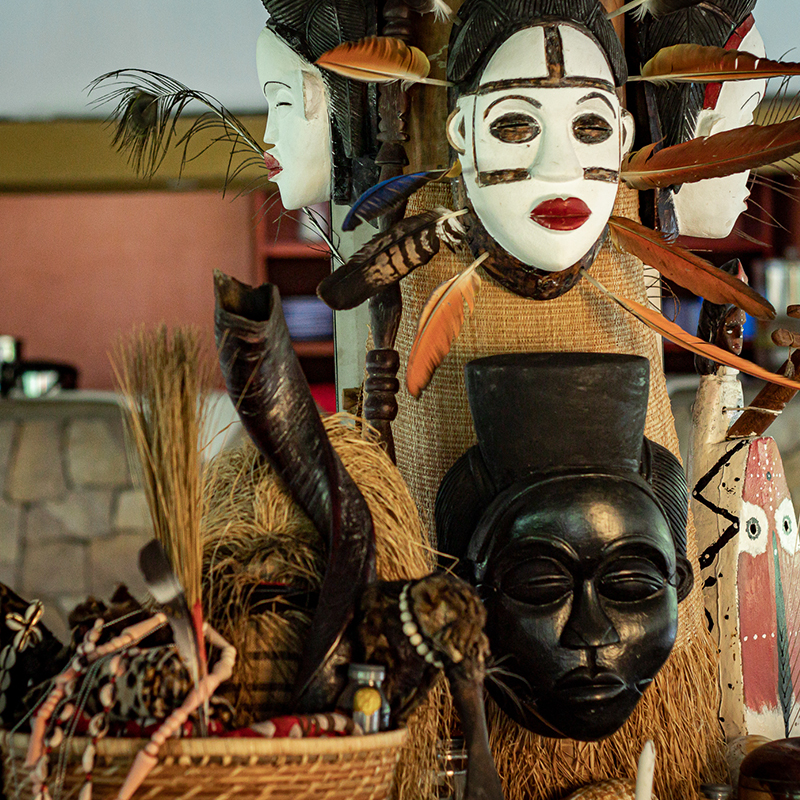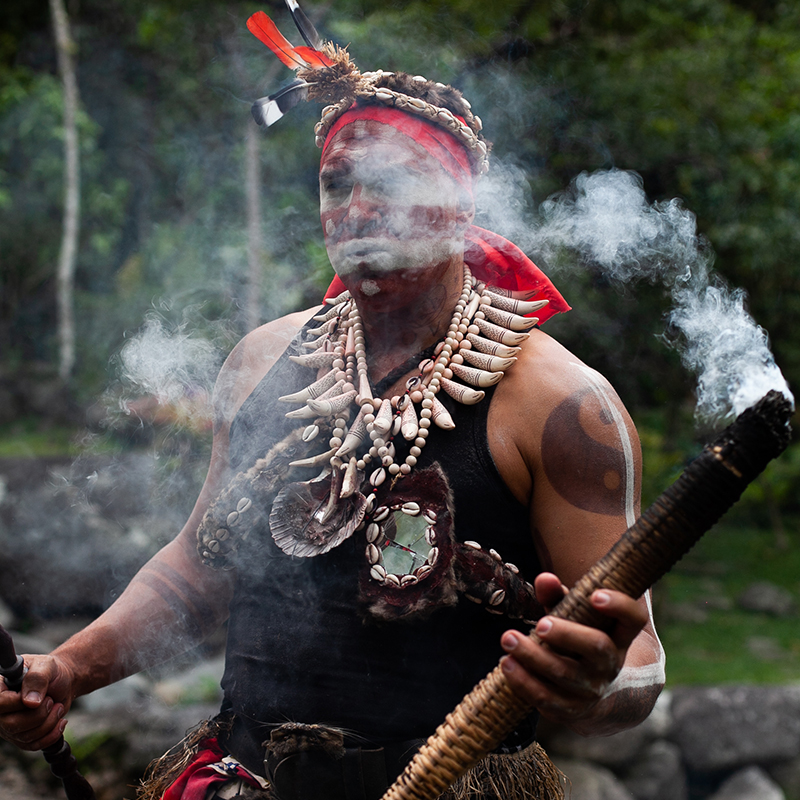The Bwiti Tradition
The Bwiti tradition supports people to heal themselves from within. In the Missoko Bwiti tradition, connecting with one’s soul is central to all healing.
We see that the soul of each person has the answers to their most sacred questions—and these answers can be discovered with the support of the Iboga medicine. It is our sacred duty at SoulCentro to support that connection between the guest and the medicine. When honored, the soul serves as the clear compass for authentic happiness and visionary creativity.
The Bwiti traditions are from central West Africa. There are multiple lineages within the Bwiti, all with distinct differences. The SoulCentro team members have been initiated into the Missoko Bwiti and the Maboundi, the related women’s tradition.
The Missoko Bwiti is the study of life, nature, healing, and one’s self. These studies are never ending and limitless. An oral tradition supports this lifelong journey of discovery. It is both mystical and grounded in embodied life and the earth. The Bwiti approach to healing has been studied and honed for eons in relationship to the Iboga medicine.
The Missoko Bwiti is a spiritual tradition. There are no beliefs that must be adopted in the Bwiti; there is only the art of knowing through personal direct experience. Beliefs are considered to be dangerous artificial constructs that can come and go. In contrast, knowing runs much deeper than a belief, which can change like one’s clothing.
The walls of the Bwiti temple reveal much about the culture and tradition: There are 3 walls in every Bwiti temple—and one completely open wall; anyone can enter at any time—and anyone can leave at any time. In this way, the tradition is very inclusive to all who seek the truth while affirming the value of sovereignty, freedom, and self-determination.
The tradition centers around connecting to one’s soul, being present in the moment, and observing the truth—which is verified with at least 3 of our human senses, including the 6th sense—intuition. By verifying truth with at least 3 senses, instead of solely with the mind, it follows that fantasy, assumption, and false narratives can be averted, and one can stay rooted in reality.
Traditional purposes for the Iboga medicine within the Missoko Bwiti can include:

Spiritual initiation

Spiritual discovery

Study of life & nature

Direct communication with nature spirits

Answers to existential & practical questions

Divination

Clarity of purpose

Speaking with one’s soul

Empowerment for one’s service to humanity

Spiritual and physical healing

Shamanic diagnosis and prescription

Community celebration ceremonies

Self-study

Prayerful micro-dosing

Fertility and aphrodisiac purposes

Endurance and vision aid during long hunts (in light doses)

Travel through space and time

Remote viewing

Communion with ancestors

Healing of ancestral lines
The traditional counsel modality is integral to the Bwiti healing process with Iboga. This technology is radically different from Western psychotherapy.
The Bwiti counsel includes clear and direct transmissions, channeled directly from the Iboga medicine. It is a highly attuned, living modality that can take years for a provider to learn. Medicine-informed reflections are offered at key moments to help midwife the dynamic and powerful rebirthing process.
As Missoko Bwiti Iboga providers, it is our sacred commitment to share the truth of what we see, in the ways that we have been taught to see with the help of the medicine. In addition, we prompt each seeker to study the absolute truth for themselves—amidst all the narratives, trauma responses, and biases of the mind.
The Missoko Bwiti tradition may be described as animism, in the sense that all creations of nature have a biological and spiritual intelligence, simply referred to as a “spirit.” The Bwiti honors the interconnectedness of all life. We practice being in respectful dialogue with the web of life.
Community council is also integral to the Bwiti tradition. When we gather in a circle around the sacred fire, everyone is welcome to share their honest reflections and questions on the collective study of life, nature, healing, and one’s self.
The SoulCentro team is committed to honoring the Bwiti tradition in its integrity.



When one comes to a Bwiti ceremony, it is important that a guest respects that they are coming to a Bwiti ceremony—and not Western psychotherapy or any other kind of medicine, modality, or tradition.
Guests of a Bwiti ceremony are invited to examine any unconscious bias of the supremacy of other modalities, religions, or ways of knowing.
Unconscious prejudices can interfere with the healing potential of these profound healing arts. Just as with any other modality, a fruitful process with the Bwiti requires willingness and participation.
While medicine-informed therapists can be extremely helpful for the preparation before and integration after the medicine experience, the retreat, and Bwiti ceremony space is not the place for therapy unless they are a fully Bwiti-trained Iboga provider working within a Bwiti tradition. The Bwiti have a uniquely intimate understanding of the sensitive and complex multi-day “psycho-spiritual surgery” process.
While certain cultural details are connected to the indigenous environment and lifestyle, much of the Bwiti tradition is highly relevant to our contemporary existence and ailments. The Bwiti have studied the human being mind for countless generations, and in many ways, the Bwiti can more clearly see our Western individual and collective pathologies—and offer profound ways to help heal them.
This page is a humble introduction to this vast and rich tradition with many unique branches within it, and this is by no means a comprehensive definition. In fact, much of the traditional knowledge and practices are reserved for sharing within the broader context of traditional ceremony.
We at SoulCentro are grateful for the Missoko Bwiti and Maboundi traditions and the many profound ways that it has blessed our lives and the lives of many guests. We have been initiated into the tradition and also trained as Iboga providers, which is a far more complex process than initiation. Initiation is considered to be the beginning, not a traditional license to serve this medicine.
The SoulCentro team has been specifically requested by indigenous Bwiti elders to help share and represent the tradition in the West. We honor this request, while remaining connected with Bwiti community via annual journeys. We are committed to practicing reciprocity with our Bwiti elders in collaborative projects.

